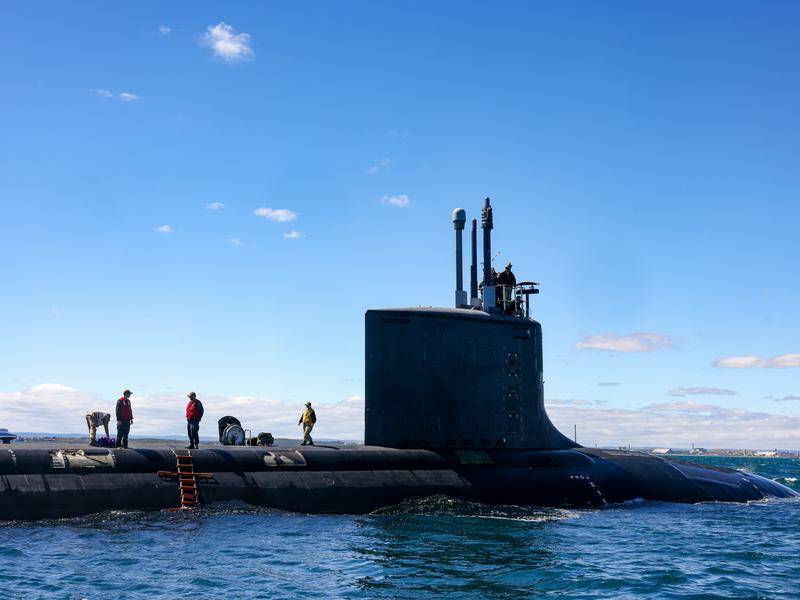
An adviser to the Biden administration has expressed strong support for the AUKUS project, which aims to provide Australia with nuclear-powered submarines. This statement comes as the Pentagon conducts a review of the agreement, which was initiated to counter China’s growing influence in the Indo-Pacific region. Abraham Denmark, who co-authored a report with former State Department official Charles Edel, cautioned against the cancellation of AUKUS, warning that it could significantly impair U.S. capabilities and credibility in the region.
In their joint paper, published by the Centre for Strategic and International Studies, Denmark acknowledged the necessity of a thorough review of AUKUS by the previous administration. He emphasized that if AUKUS were abandoned, the United States would not only weaken its stance in the Indo-Pacific but would also give credence to claims from Beijing and Moscow regarding the unreliability of American commitments.
Denmark’s report identifies several pressing issues that need to be addressed within the AUKUS framework. Among these challenges are declining U.S. submarine production rates and concerns regarding Australia’s commitment to utilizing American-supplied submarines during potential conflicts in the Indo-Pacific. The report estimates the total cost of AUKUS to Australia at approximately $240 billion (A$368 billion) over a span of more than 30 years.
Another critical issue highlighted is the shortage of skilled labor required for submarine production, not only in the United States but also in Australia and the United Kingdom. Additionally, the report points to a lack of progress in establishing “AUKUS visas,” which would facilitate the movement of personnel involved in the project. Denmark and Edel also noted that the objectives of pillar two of AUKUS, which focuses on collaboration in advanced weaponry, require further refinement to ensure clarity and effectiveness.
Despite these challenges, Denmark and Edel assert that reinforcing AUKUS is a “strategic imperative.” They argue that the initiative could enhance the U.S. defense industrial base, strengthen alliances with key partners, and deliver a robust deterrent message to Beijing, thereby contributing to the stabilization of the Indo-Pacific region.
Details surrounding AUKUS, including plans for Australia to receive nuclear-powered attack submarines, were first unveiled in September 2021 under President Joe Biden. This initiative is part of broader efforts to address the rise of China and its ambitions in the Indo-Pacific.
The ongoing Pentagon review, announced in June, aims to ensure that the AUKUS collaboration aligns with the “America First” agenda championed by former President Donald Trump. Elbridge Colby, the Pentagon’s Under Secretary of Defense for Policy, is leading this review. He has previously voiced concerns about the potential risk of the United States losing submarines to Australia during a crucial period for deterrence against China.
Support for AUKUS remains strong across the U.S. political spectrum. Last month, both the Republican and Democratic leaders of a congressional committee focusing on strategic competition with China reaffirmed their commitment to the AUKUS partnership. As the review concludes, the future of this significant defense initiative will be closely monitored by both allies and adversaries alike.






